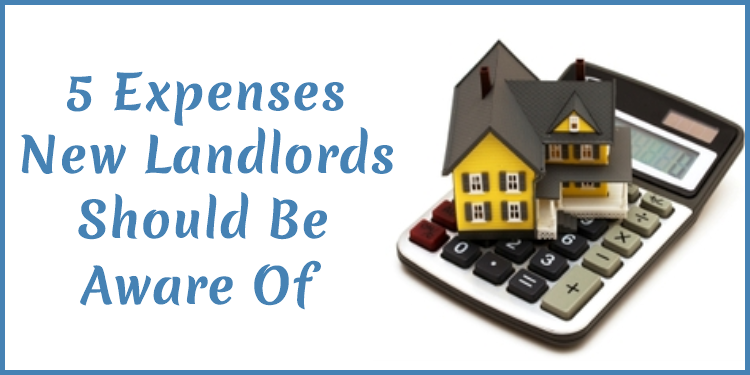Purchasing real estate with the intent of renting the space to tenants can be a great way to earn a decent return on your investment, but only if you do it right. You can purchase a house or a condo in a popular tourist town and lease it out on a weekly or a monthly basis. Similarly, you can purchase the same type of dwelling in your own city and rent it on a monthly or yearly term. You can also purchase commercial buildings and rent the space to business owners. Another option is to invest in apartment complexes. Personally, we currently share ownership of seven apartment complexes with other investors.
These are just a few examples of how you can become a landlord and make money with real estate. You may have come across others as well.
Quite often when people consider purchasing a new property they compare what their mortgage payments will be to what the space may rent for to determine if they will make a profit each month.
If they see that they will break even or make a profit of a few dollars, they may consider the property a good investment and eagerly begin the purchase process.
There is one common denominator that landlords share, and that is the expenses that come along with owning any property.
And all of those expenses need to be factored in as a part of your budget for your real estate investment before you say yes to any purchase. If you skip this step you may find yourself quickly losing money instead of making a profit.
Expenses New Landlords Should Be Aware Of
Repairs and Maintenance
One of the biggest expenses that a new landlord needs to be prepared for is maintenance fees.
Regular things such as painting, cleaning carpets, and cleaning the entire property inside and out, in between tenants, can add up quickly.
Aside from that you may have expenses to deal with even while you have a tenant.
Appliances break down all the time. The furnace and hot water tank may simply stop working. Or the air conditioner may break down. After a number of years the windows and the roof may need to be replaced. One day you may get a call about a broken pipe and water damage.
And depending on the type of property you own, there may be items outside that need to be repaired or replaced.
Come up with an estimate of how much money you need to have on hand every year to deal with these expenses. Take into account the age of the property and recent renovations to the property.
Include your estimate in your yearly calculations as you try to figure out whether or not you can afford to purchase a new property.
Insurance
Even if your tenants have insurance for their belongings as well as liability insurance, you still need to have property insurance on every property you own too. Speak to your insurance agent about the property that you are considering purchasing and find out exactly what you will need and how much it will cost.
While you can possibly predict that your property may be vacant after a lease expires, it is very hard to predict a situation where your tenant will default on their rent payments. For situations like that it is very important for you to have rent guarantee insurance from CIA to protect yourself.
Vacancies
It would be great if your vacation property or the house you purchased down the street was occupied everyday of the year, and your bank account just kept growing. Unfortunately there may be a time when it will be vacant for either days or even months at a time. Make sure to allocate some of your income towards a vacancy fund that you can draw from to pay your mortgage and other expenses when your property is unoccupied.
Other Fees
Other possible fees that a new landlord needs to factor into their budget are:
- property taxes
- condo fees
- community fees
- homeowners association fees
These fees will vary based on the type of property you purchase and the location. You need to do your research to make sure you understand exactly which fees you will be charged, how much they will be, and how often there may be an increase.
Business Administration Fees
Becoming a new landlord and investing in real estate as a way to make money can be very exciting as long as you do not make any major mistakes. As soon as you do the excitement disappears and you may find yourself quickly losing money instead of making money.
To keep yourself on track and to ensure that you are doing everything correct you will want to hire a lawyer and a business accountant. You will need your lawyer when you buy and sell properties, and you will also need your lawyer if you have disputes with your tenants that require legal action.
A good accountant will come in handy when it is time to do your taxes. In fact, you should speak to your accountant before you even buy your first property so that you are completely aware of how owning a rental property will affect your taxes, as well as knowing exactly how to deal with all of the expenses you will incur from a tax perspective.
It is very easy for a new landlord to get in over their head when it comes to real estate. Initially it looks like a great way to make money. But it is important to really think about all the time and money something like this takes before you buy your first property.





